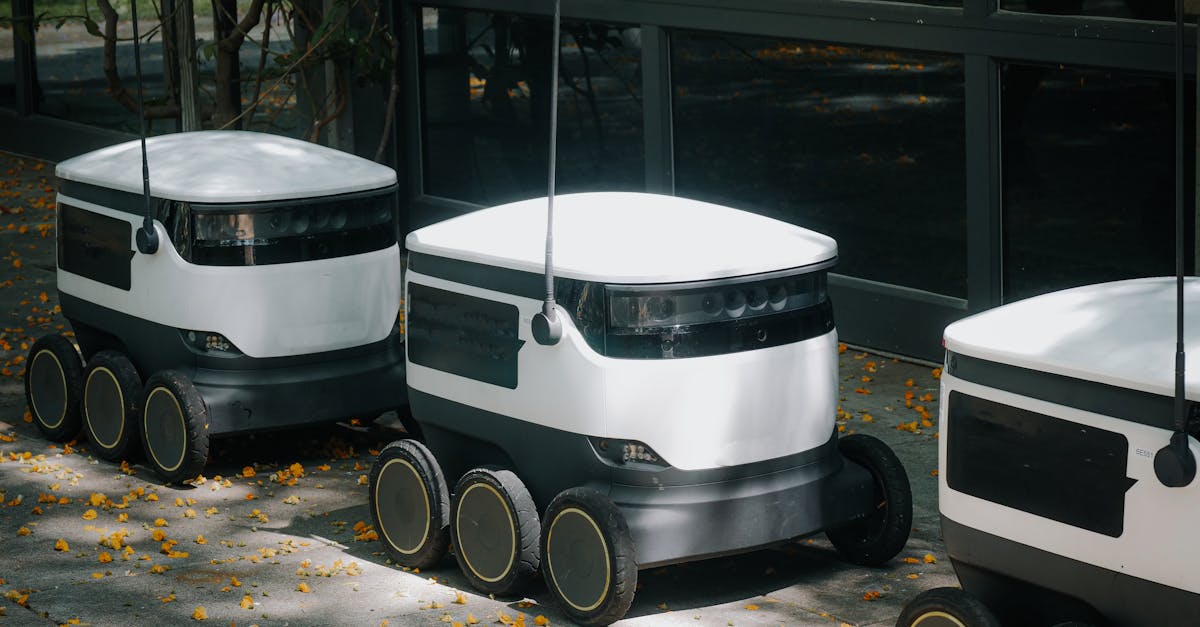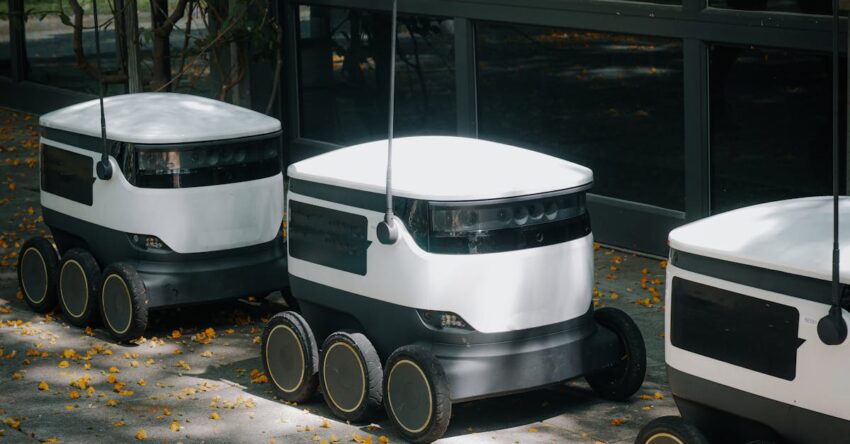Consider a world where cars drive themselves, navigating the streets like bees in a hive, each with a purpose and direction. In 2025, this vision comes closer to reality, and understanding autonomous vehicles law becomes essential for anyone interested in the future of transportation. Whether you’re curious about self-driving cars’ legal issues or how autonomous vehicle regulations might affect you, this journey into the legal landscape of driverless cars is as thrilling as a road trip without red lights.
Autonomous vehicles bring freedom but also new questions about responsibility on the road. Imagine sitting comfortably while your automated driving system handles the dynamic driving task. Yet, what happens if there’s an accident? Who is liable in self-driving car accidents? Is it the original manufacturer or the human driver? Discover how the legal framework addresses these concerns and what it means for liability and insurance. The vehicles might be capable, but what about times when they are unable to perform the dynamic driving task, requiring a state human operator?
Join me on this exploration of the rules and regulations shaping our roads. From local government policies to testing autonomous vehicles, you’ll gain insights that help you navigate this brave new world. Keep reading, and let’s uncover what everyone ought to know about this fascinating transformation in transportation.

Photo provided by Kindel Media on Pexels
Understanding Autonomous Vehicles Law
When I think about 2025, the world of self-driving cars feels both exciting and challenging. Autonomous vehicles law is crucial because it guides how these cars are used safely and effectively. In 2025, understanding these laws means knowing the rules that make driving without human drivers possible. We need to ensure these vehicles operate safely on the roads. As these laws evolve, they will address new situations and challenges faced by fully autonomous vehicles. Therefore, it’s important for me to stay updated on how the law handles these dynamic changes.
Self-Driving Cars Legal Issues
Self-driving cars legal issues are some of the first hurdles I think about when it comes to these futuristic vehicles. I often wonder about what happens when things don’t go as planned. These issues include questions like who is responsible for accidents and how to maintain safety standards. As Autonomous vehicle regulations develop, they will tackle problems like whether the original manufacturer should be liable or if the driver, though not actively driving, holds responsibility. These issues are key in shaping the future of our roads.
Autonomous Vehicle Regulations in Practice
Autonomous vehicle regulations guide the everyday operation of self-driving cars. I often like to think of these regulations as the rulebook for safe driving. Currently, these rules cover how cars communicate with each other and how they should behave in traffic. The idea is to protect everyone, whether they’re in the car or outside. As technology improves, new autonomous vehicle certification facility standards may emerge to ensure these cars are roadworthy. Therefore, understanding these regulations helps me see how the future will be shaped by the laws we create today.
Liability in Self-Driving Car Accidents
One of the biggest questions that come to my mind is about liability in self-driving car accidents. If an accident happens, who is at fault? Is it the car’s owner, the software developer, or the manufacturer? These are the questions that need answers in a legal context. As we continue to discuss these questions, I find it fascinating to consider how the law will change to fit this new technology. The answers will help us feel safer and more confident in using autonomous vehicles in our everyday lives.
Autonomous Vehicles Law and Driverless Car Legal Framework
The driverless car legal framework is the system that supports the whole concept of self-driving vehicles. It includes laws about how these cars should be built, tested, and operated. I think about how these frameworks will evolve to include more advanced technologies like assistive platooning technology and updated testing protocols. These frameworks are not only about ensuring safety but also about making sure that the technology can be trusted by everyone who uses or interacts with it. Therefore, understanding these frameworks is essential for embracing the future of transportation.
Autonomous Vehicle Insurance Considerations
Thinking about autonomous vehicle insurance makes me realize how complex the topic can be. Insurance plays a big role in how we feel about safety on the roads. The challenges include deciding who pays for damages if a self-driving car is in an accident. Is it the owner, the manufacturer, or someone else? The insurance landscape will need to adjust to cover unique risks posed by automation. Therefore, keeping up with these changes is vital for me, as it affects how we view and manage risk in our daily travel.
Embracing the Future of Driverless Cars
Understanding the world of self-driving cars transforms how we view transportation. It’s exciting to know that these vehicles promise increased safety and efficiency. Grasping legal aspects helps you stay informed and confident in navigating this evolving landscape.
To take action, start by exploring local rules and regulations regarding autonomous vehicles in your area. This knowledge will help you understand what changes to expect and how they might affect you. Then, consider discussing with others how these innovations might impact daily life, fostering a community well-prepared for the future.
Stay curious and proactive in learning about these groundbreaking technologies. Your engagement helps shape a safer, more efficient tomorrow. Let’s embrace the journey together!
